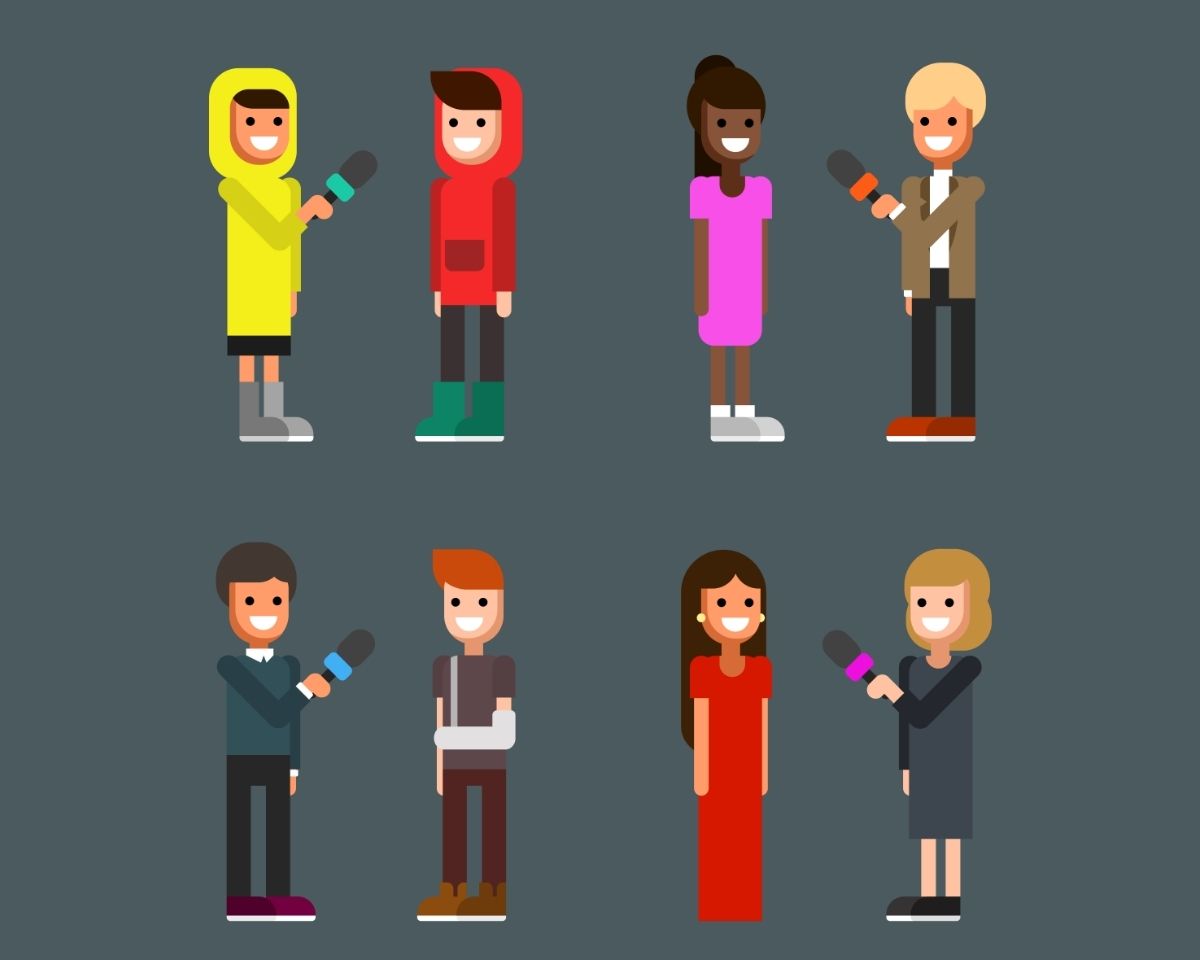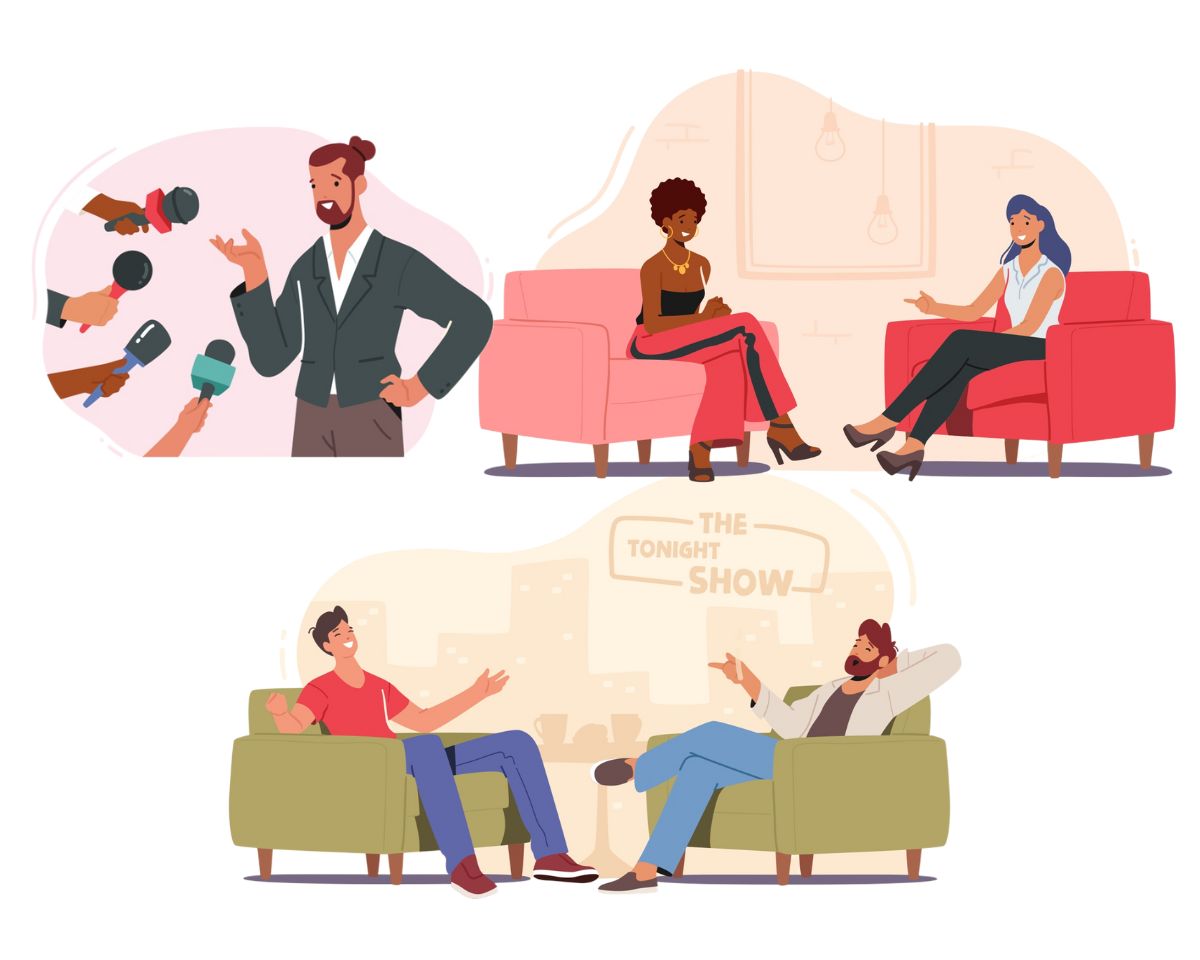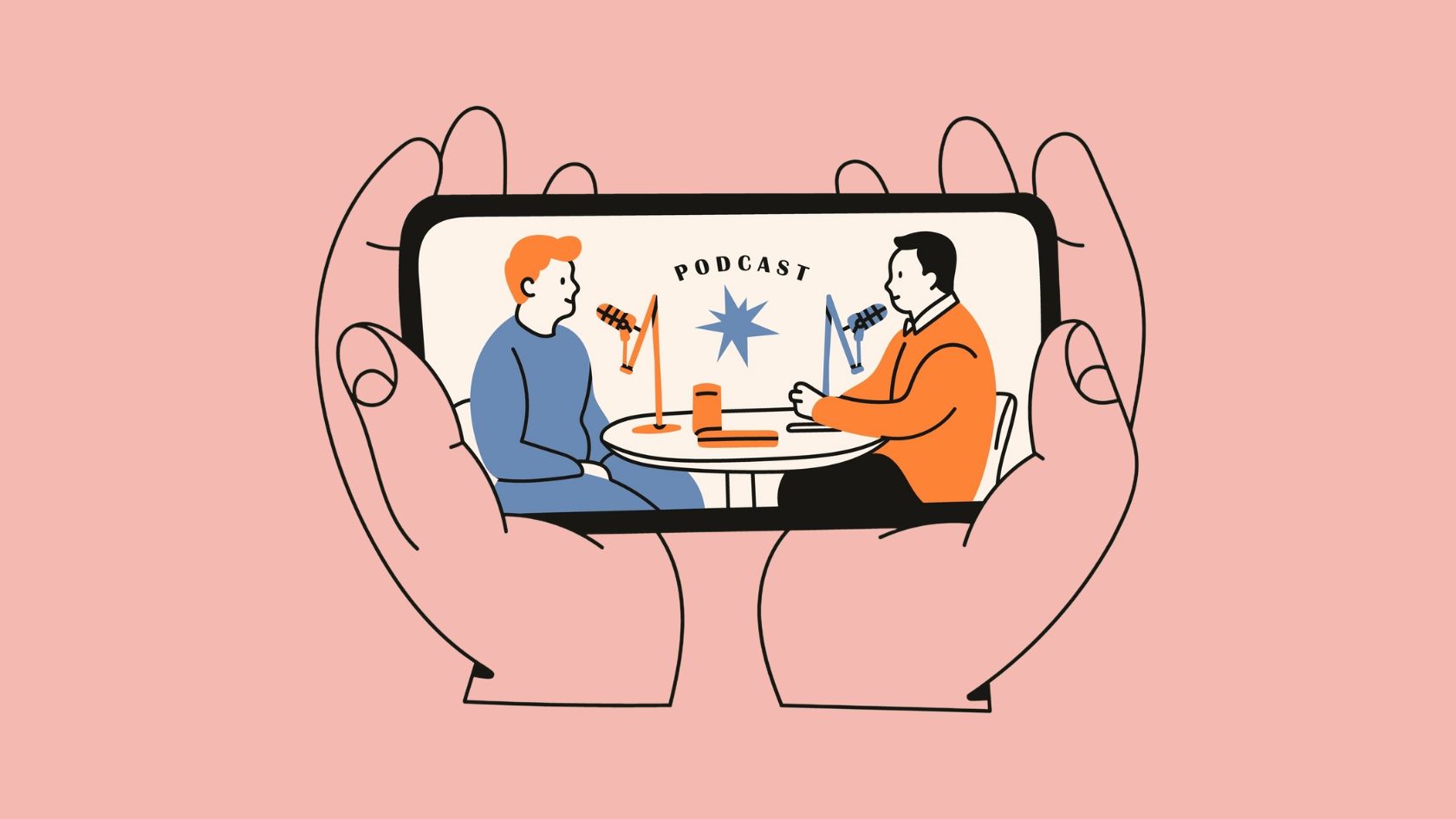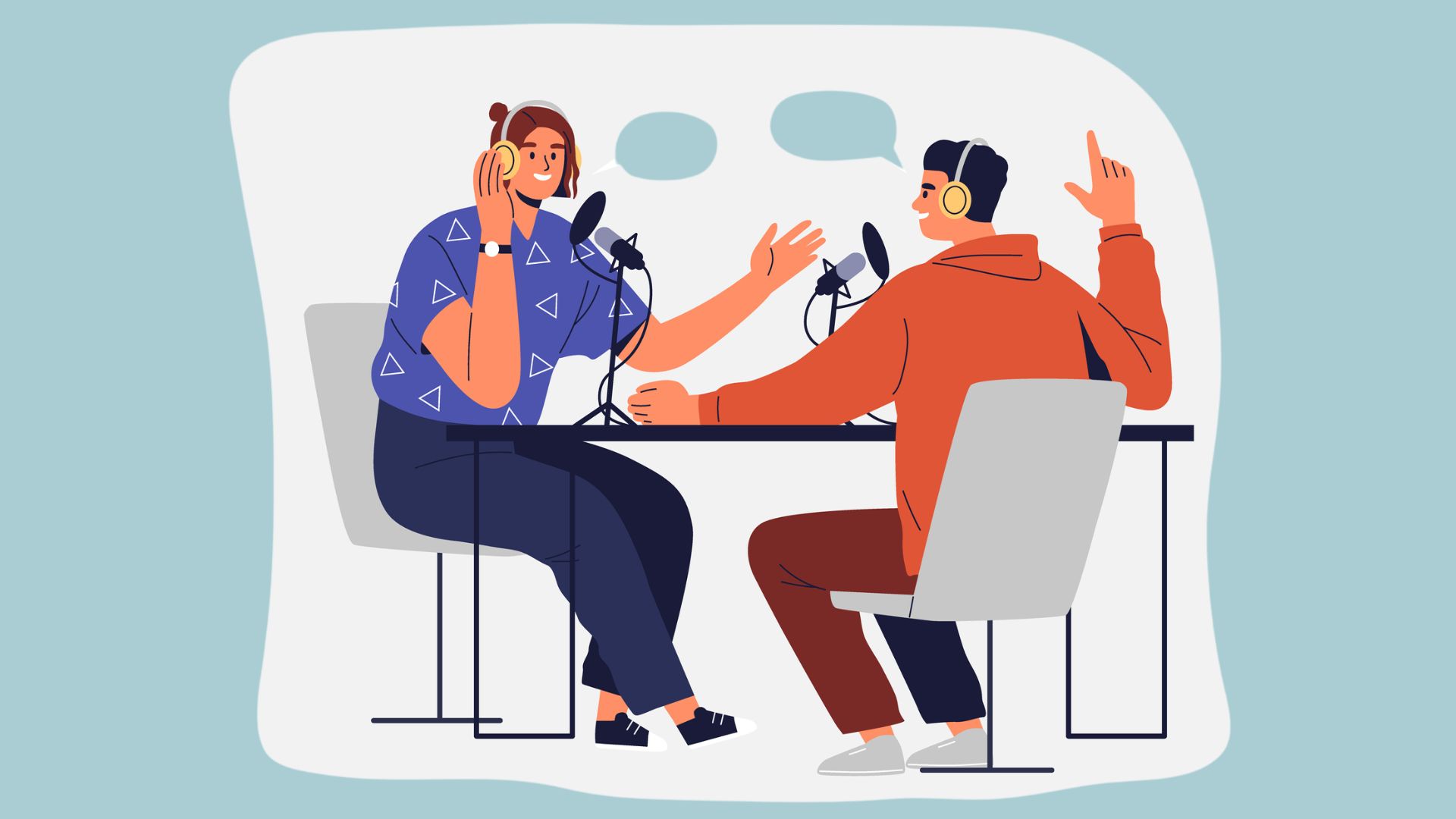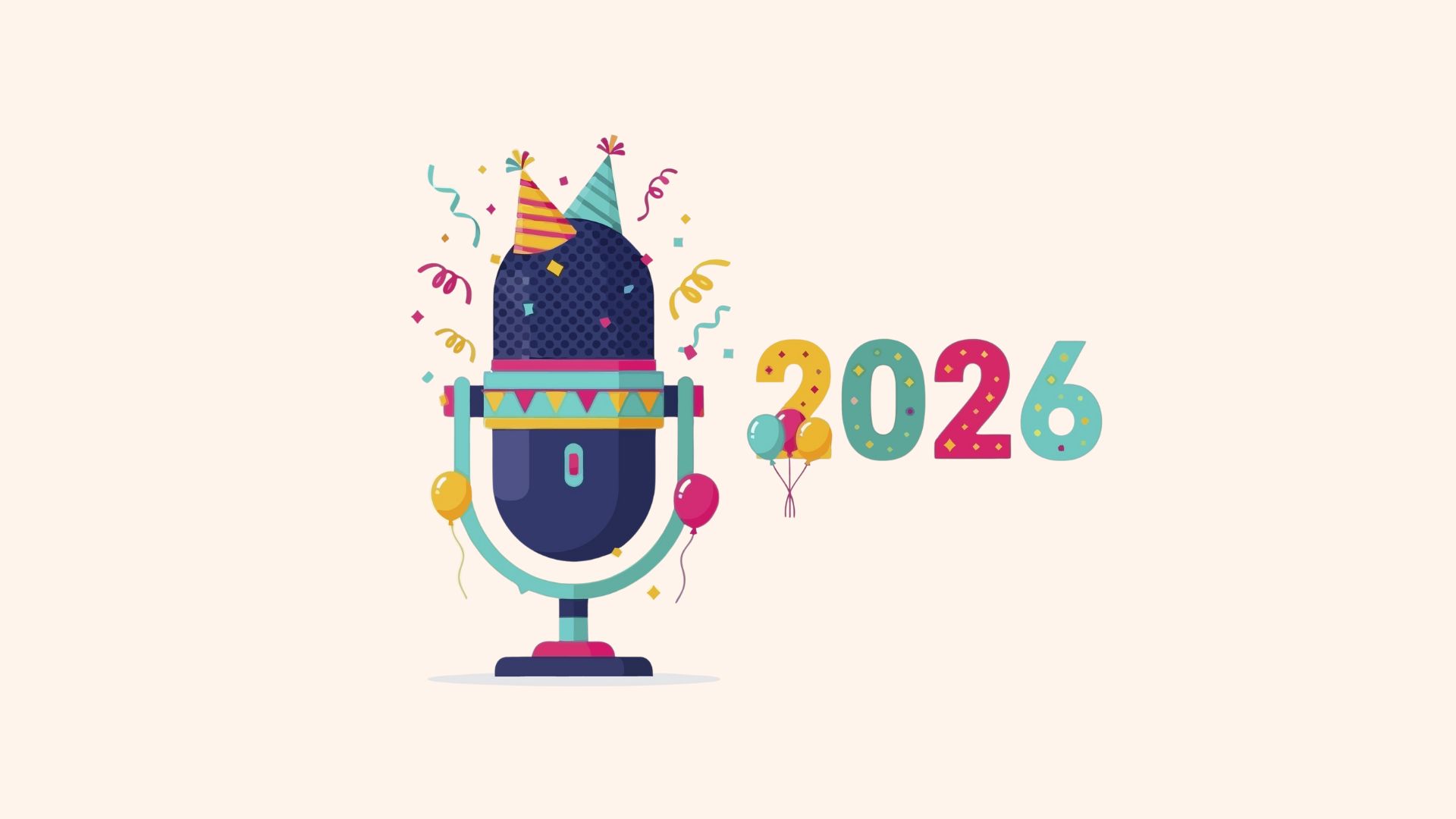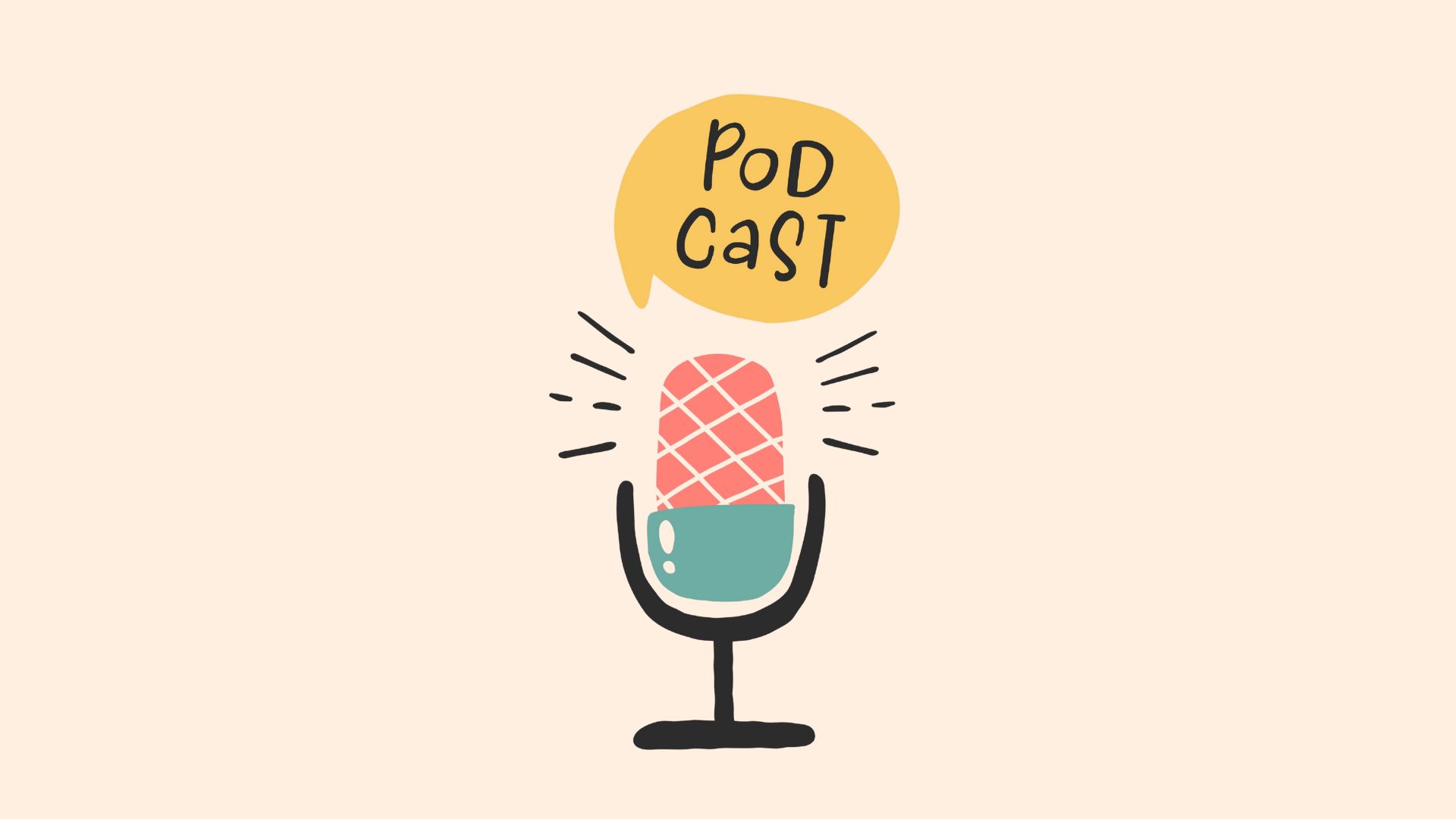This article is based on industry experience but does not constitute legal advice. If you want to protect your show legally, please seek independent advice from someone who actually finished their law degree (not someone who got 4/5ths of the way through it, like me).
Does a guest showing up count as podcast consent?
One of the questions I get asked a lot is: “Should I get my guests to sign a release form before I publish their episode?”
And while this kind of paperwork is standard in industries like television and film, podcasting is still finding its way when it comes to legal formalities.
So, is a signed consent form a requirement or just nice to have?
Want help starting your podcast? Download my FREE ‘How To Start A Podcast’ guide.
What counts as consent?
Right now, the industry standard is that if someone sits down to record an interview with you, their presence is seen as implied consent.
They know they’re being recorded. They’ve agreed to the chat. They’ve sat down in front of a microphone.
And that, for most podcasts, is enough.
I’ve overseen the production of thousands of podcast episodes in my career and we’ve never signed a single release form for any guest.
Except, when we were creating a branded podcast that involved minors because there are much stricter laws around working with children and we had stakeholders who wanted clear documentation.
That doesn’t mean you shouldn’t do it if you really want to, it’s just not the expectation in the industry at this point in time.
Should you ask your guest to sign a form, just in case?
If want to be extra cautious, there’s nothing stopping you from getting a legal professional to prepare a release form and asking your guests to sign it.
I would say, release forms can be intimidating for some people, so keep that in mind when you’re explaining it and deciding on what language should be included.
You want your guest to read it and interpret it as: “You consent for me to record audio and vision of you during this podcast episode,” not “You’re signing your life away and I can edit this however I see fit and if you don’t like it there’s nothing you can do about it.”
A release form that reads like that could turn people away and make them feel like your intentions are to twist their words in the edit rather than make them shine (which should always be your goal).
Another way to confirm consent is to get a verbal agreement down on tape before you’ve started the interview.
You can do this by saying something like:
“Just confirming before we start recording you’re happy to be interviewed for the podcast and understand this will be recorded, edited and published across all my platforms.”
This can be a simple way to capture consent without the hassle of paperwork.
What if a guest changes their mind?
If someone reaches out after their episode has gone live and asks you to remove it, I’d highly recommend doing it.
Even if you technically have the right to keep it up, it’s not worth the stress, potential fallout, or bad PR.
And if you respect your guests, are clear about what’s involved in coming on your show and are focused on making sure they have a great time and sound excellent, chances are this will never be an issue anyway.
What about video podcasting?
If you’re capturing video and publishing it on YouTube or other platforms, there might be an argument to get something drawn up, but again it’s not the norm in the industry.
Either way, it’s a good idea to give a detailed description of what a guest can expect including what you’ll be capturing and how you intend to use the footage.
This way your guest can reply to your email and let you know they understand (this also ensures they don’t turn up in their pj’s thinking it’s audio only)
You can also get their consent on tape, as suggested above, when they’re behind the mic.
The bottom line?
At least right now, a release form isn’t required to get a guest on your podcast.
That might change but if it helps you feel more secure, there’s no harm in preparing one for your show (just make sure you get someone qualified to do it and that it doesn’t scare people off).
The main thing, even if you don’t have the paperwork, is to make sure your intentions are clear, your communication is open, and you’re respectful of your guests and their experience throughout the process.
🎙️ Want to start a podcast but feeling overwhelmed?
Grab my free “How To Start A Podcast” guide or get step-by-step support inside my online course, PodSchool.
Got a question about podcasting? Send it my way so I can answer it on the podcast!

